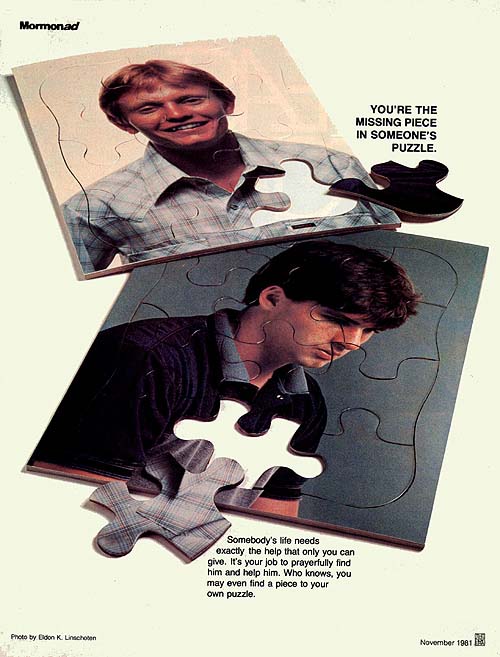by Mel Borup-Chandler
The Greek term Apologia is the root word for apologetics, which means “the ability of an orator to be able to defend one’s viewpoint.” As a debater, each year we were given a controversial topic in science called a legitimate controversy. That topic was the source of our debates during that year. To prepare, we would collect quotes, excerpts, and evidentiary statements to argue our topic on both sides of the issue. We had hundreds of sources arranged on index cards. We could argue successfully for or against our topic. Some of us would purchase commercial products designed for debaters, but we supplemented with our own original material. This gave us an advantage over our opponents by letting us present something they did not know or weren’t prepared to argue. Our sources were scientific journals, books, newspapers and magazines. It was more difficult then, because the internet did not yet exist. We were studying and reading all year in preparation.
 In competition, we were given just a few minutes to prepare arguments. We never knew beforehand which side we would argue so we prepared ourselves to argue either position. A judge kept track of both debate teams, often made flow charts of how the debates were going, and awarded points based on the arguments of each participant or team with either fact or emotion. It was simple: whoever scored the most points or was most convincing won. We prepared for every possibility knowing what the arguments would be and how to overcome each particular source or comment. On the day of competition, we crossed our fingers and hoped that, somehow, we could trip up our competition and score a victory, but we were also well prepared and practiced. Our debates were passionate, heated, and quick and followed a time limit. Most of us, by the end of the year, had developed a personal opinion as to which side was correct, but we could argue both sides of the argument. During the year, we studied each side so extensively that once we made up our minds we seldom changed them. In debate, what mattered most were preparation, presentation, and skill.
In competition, we were given just a few minutes to prepare arguments. We never knew beforehand which side we would argue so we prepared ourselves to argue either position. A judge kept track of both debate teams, often made flow charts of how the debates were going, and awarded points based on the arguments of each participant or team with either fact or emotion. It was simple: whoever scored the most points or was most convincing won. We prepared for every possibility knowing what the arguments would be and how to overcome each particular source or comment. On the day of competition, we crossed our fingers and hoped that, somehow, we could trip up our competition and score a victory, but we were also well prepared and practiced. Our debates were passionate, heated, and quick and followed a time limit. Most of us, by the end of the year, had developed a personal opinion as to which side was correct, but we could argue both sides of the argument. During the year, we studied each side so extensively that once we made up our minds we seldom changed them. In debate, what mattered most were preparation, presentation, and skill.
Experienced debaters, who have years of training and study, are careful debaters. They may be able to persuade and win a debate with very little evidence but it is because they have honed and developed their skills over time and practiced. Most people aren’t able to do what they do, even though they may think they are well versed, capable and prepared to debate at a moment’s notice. Developing these types of skills takes time and practice. Another downside is that truth does not always win the day. Quite often cleverness and trickery also yield results.
Debates with anti-Mormons, for most, are like walking into a blind alley without an escape plan. You will not change their mind, but they may change yours and the trauma is real. Faith must be nurtured. God does not expect us to be scholars or to be able to defend our faith in this manner. He does expect us to use our judgment, follow the counsel of his leaders and exercise our faith and skill. The prophet Moroni tells us “…when ye have received these things…ask God…in the name of Christ if these things are not true; and if ye will ask with a sincere heart with real intent, having faith in Christ, he will manifest the truth of it unto you through the power of the Holy Ghost, and by the power of the Holy Ghost ye may know the truth of all things. (See Moroni 10:4-5).
It is wise follow the teachings of our leaders by not subjecting ourselves to anti-Mormons. However, several years ago, The Foundation for Apologetic Information & Research (FAIR) was established. (See http://www.fairmormon.org). It is a non-profit organization dedicated to providing well-documented answers to criticisms of LDS (Mormon) doctrine, belief and practice. Most members will find this organization a really valuable tool to help you nurture and increase your faith.
The Lord tells us “…as all have not faith, seek ye diligently and teach one another words of wisdom; yea, seek ye out of the best books words of wisdom; seek learning, even by study and also by faith. D&C 88:118
Mel Borup-Chandler and his wife Sandra reside in in North LA County. Mel is a lifelong member of the church and his wife Sandra is a convert.
